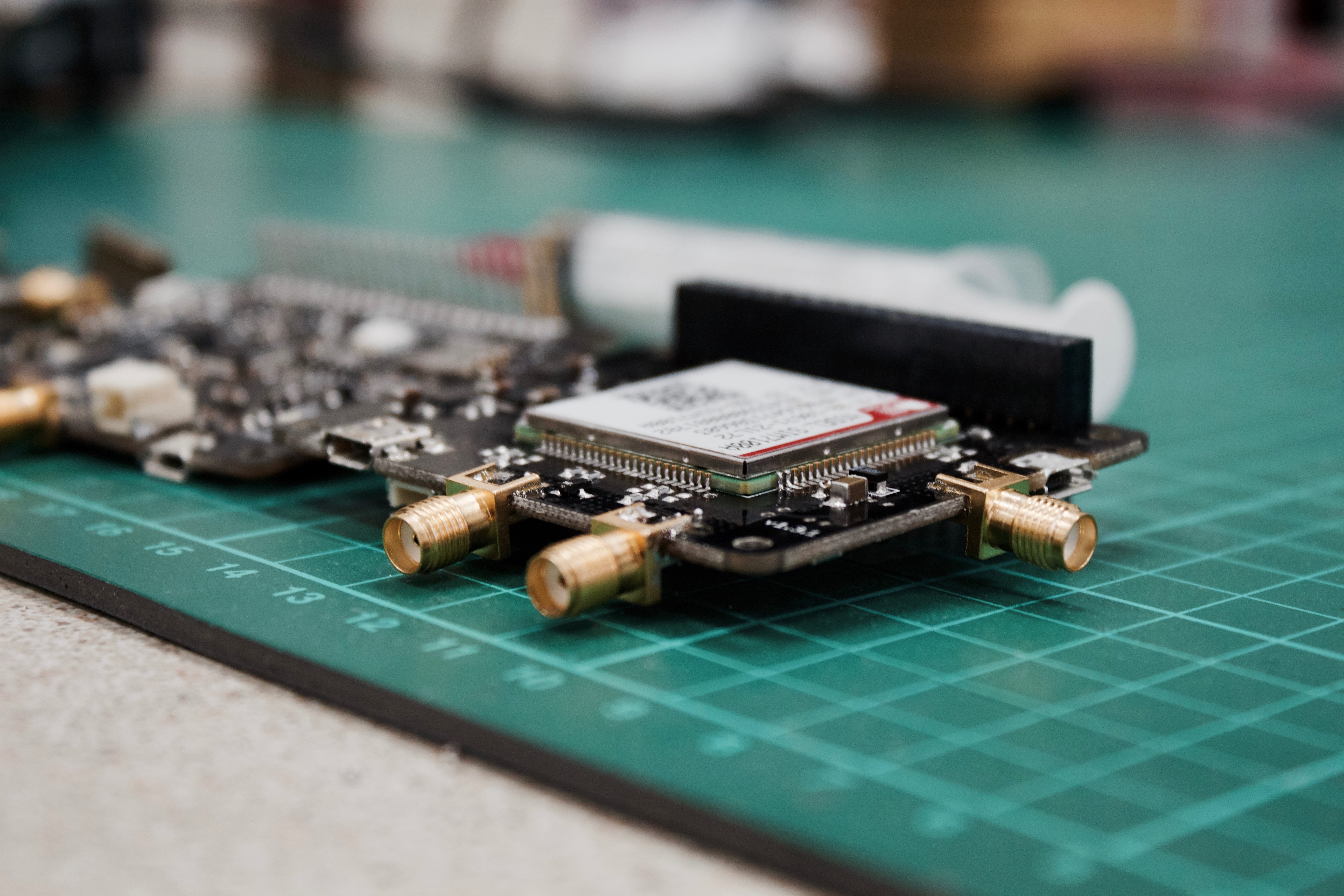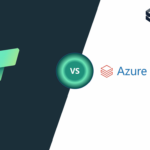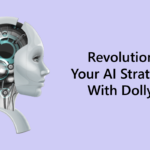Address
2nd Floor, 4, Vivek Vihar, Bajaj Nagar, Jaipur, India (302015)
Work Hours
Monday to Friday: 7AM - 7PM
Weekend: 10AM - 5PM
Address
2nd Floor, 4, Vivek Vihar, Bajaj Nagar, Jaipur, India (302015)
Work Hours
Monday to Friday: 7AM - 7PM
Weekend: 10AM - 5PM

The Internet of Things (IoT) is a rapidly growing technology that is changing the way we live and work. By connecting devices and machines to the internet, IoT allows for the collection and analysis of vast amounts of data, which can be used to improve efficiency, reduce costs, and create new opportunities in various industries.
One of the key ways in which IoT is changing industries is through the use of data and artificial intelligence (AI). By collecting and analyzing data from IoT devices, organizations can gain valuable insights into their operations and make data-driven decisions.
For example, in the manufacturing industry, IoT-enabled devices can be used to monitor equipment and gather data on performance, energy consumption, and maintenance needs. This data can then be analyzed using AI algorithms to identify patterns and predict equipment failure, allowing organizations to proactively maintain and repair equipment, reducing downtime and increasing productivity.
Similarly, in the healthcare industry, IoT-enabled devices can be used to monitor patients’ health, gather data on vital signs, and track medication compliance. This data can be analyzed using AI algorithms to identify patterns and predict potential health problems, allowing healthcare providers to intervene early and improve patient outcomes.
In the field of smart cities, IoT devices can be used to collect data on traffic, weather, and energy usage. This data can then be analyzed using AI algorithms to optimize traffic flow, reduce energy consumption, and improve the overall quality of life for citizens.
In the retail industry, IoT devices can be used to track inventory, monitor customer behavior, and gather data on sales trends. This data can then be analyzed using AI algorithms to optimize pricing and product placement, leading to better customer experience and increased revenue.
In addition to these examples, IoT with the help of data and AI can be applied in other industries such as agriculture, transportation, and energy.
In addition to the examples mentioned above, IoT with the help of data and AI can be applied in other industries, such as:
Agriculture: IoT-enabled devices can be used to collect data on weather, soil conditions, and crop health. This data can then be analyzed using AI algorithms to optimize irrigation and fertilization, predict crop yields, and improve overall crop productivity.
Transportation: IoT-enabled devices can be used to collect data on traffic, vehicle usage, and fuel consumption. This data can then be analyzed using AI algorithms to optimize routes, reduce fuel consumption, and improve overall fleet management.
Energy: IoT-enabled devices can be used to collect data on energy usage, production, and distribution. This data can then be analyzed using AI algorithms to optimize energy usage, reduce costs, and improve overall energy efficiency.
Construction: IoT-enabled devices can be used to collect data on construction sites, including weather conditions, equipment usage, and safety. This data can then be analyzed using AI algorithms to optimize construction schedules, reduce construction costs, and improve overall safety on the construction site.
Smart Home: IoT-enabled devices can be used to collect data on home energy usage, temperature, and security. This data can then be analyzed using AI algorithms to optimize energy usage, improve overall comfort, and enhance home security.
Overall, IoT with the help of data and AI is changing the way we live and work by providing the ability to collect and analyze vast amounts of data. This can be used to improve efficiency, reduce costs, and create new opportunities in various industries. By using AI algorithms to analyze the data, organizations can gain valuable insights and make data-driven decisions, leading to better performance and increased competitiveness.
It’s important to note that while IoT and AI have the potential to bring significant benefits to industries, it also raises concerns such as data privacy and security. Therefore, it’s important for organizations to implement appropriate security measures and adhere to regulations to ensure the secure use of IoT and AI.



